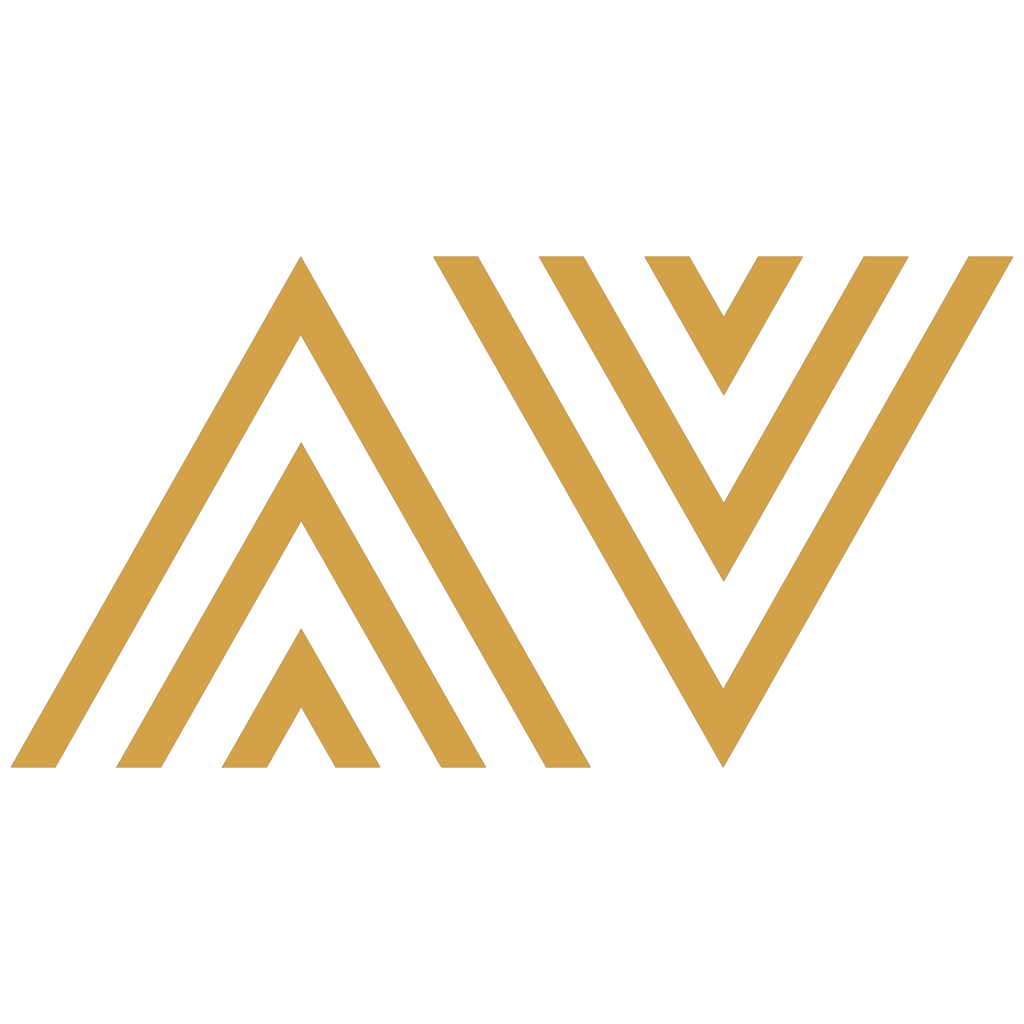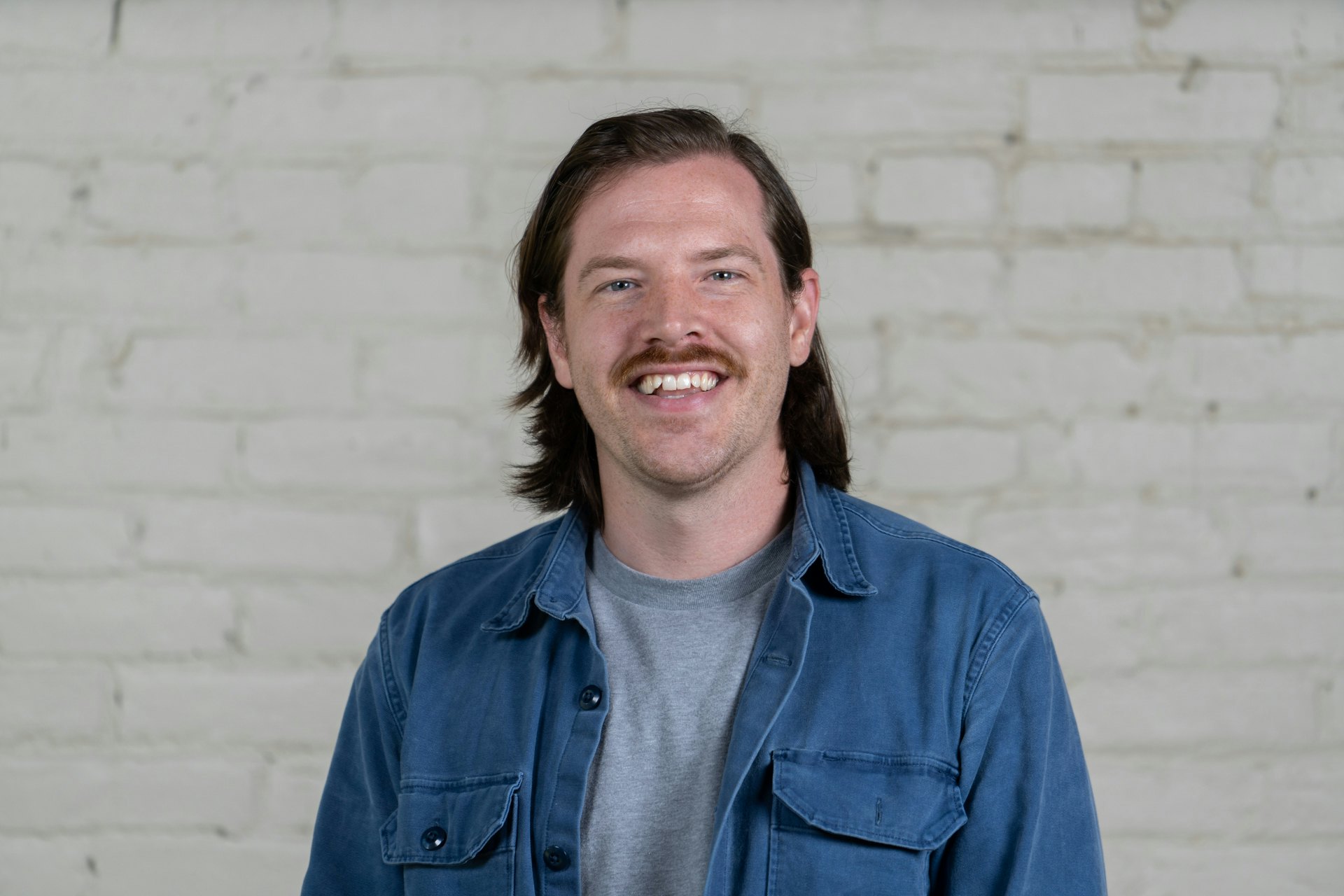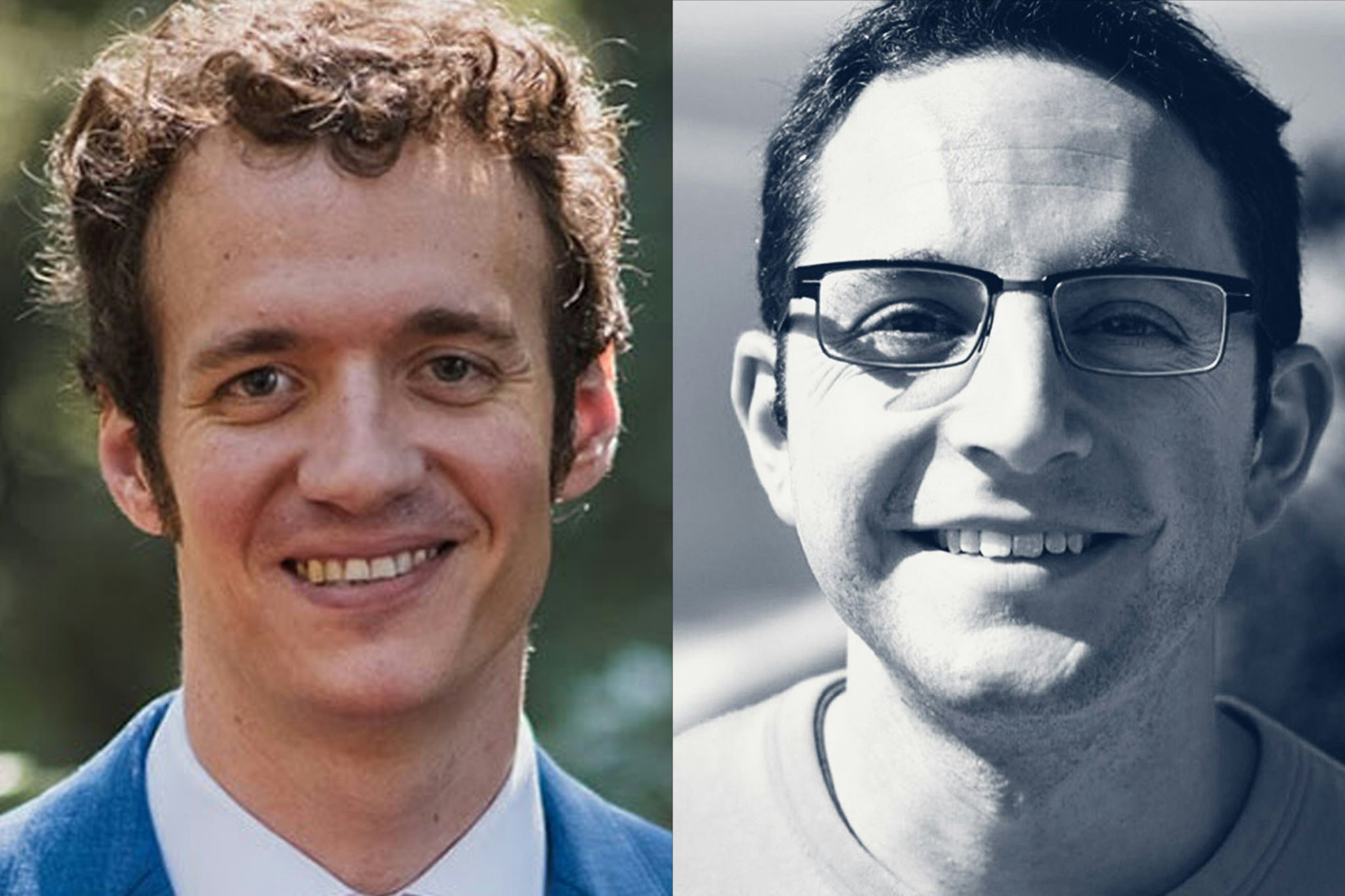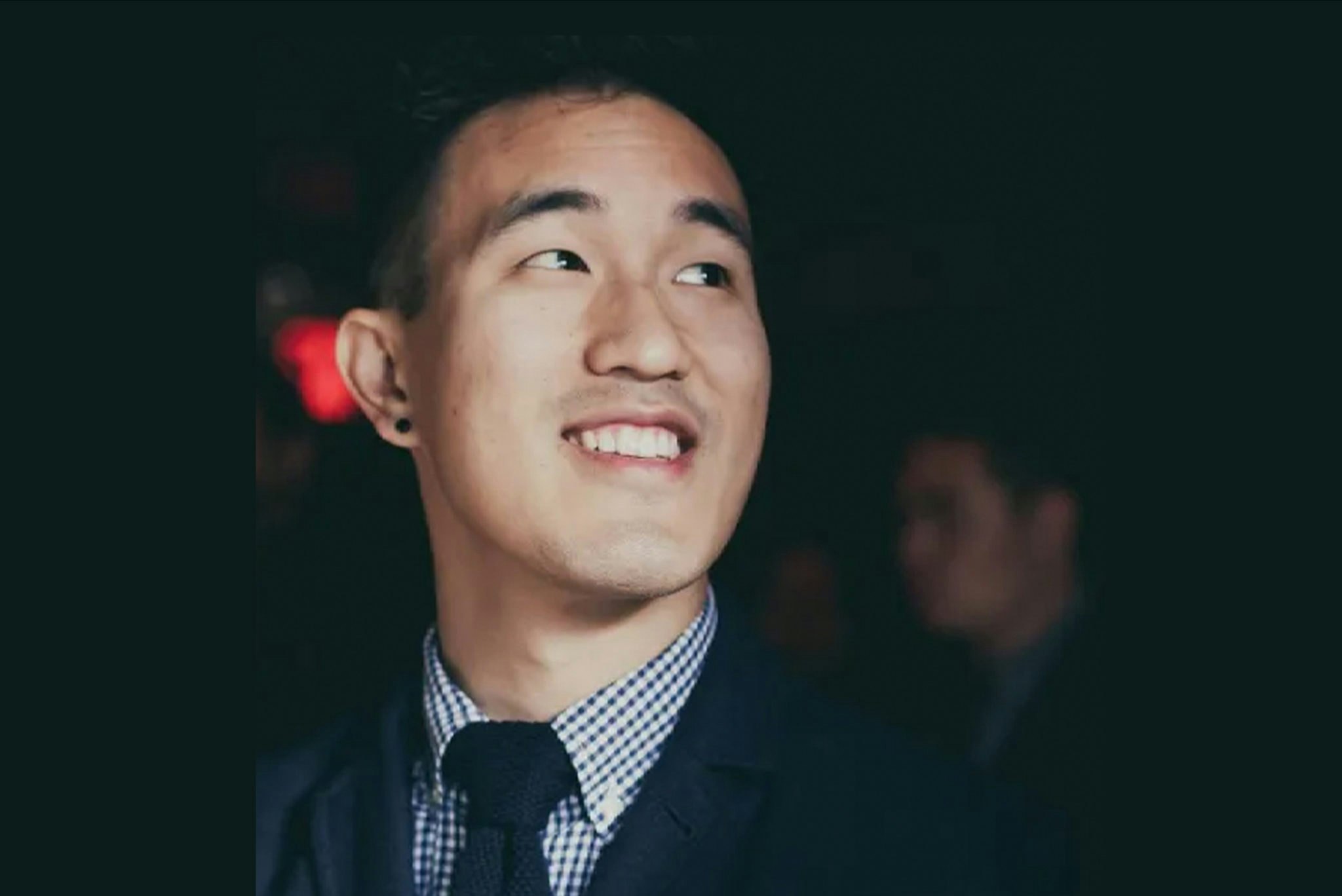Clean Water Through Crypto
Mrs. Fasoro Christina grew up in Osun State, Nigeria, about four hours away from where she lives now in Lagos. Her father was a clerk at the local hospital but it was difficult for her family financially growing up, part of that due to the local economy. The community where she grew up didn’t have any sort of public water system, they relied on wells for their water. However the “well water may not be clean, so we would boil it because there would be diseases from impure water.”
Every day, over 800 children under age 5 die from contaminated water, poor sanitation, and unsafe hygiene. Clean water shouldn’t be a privilege. Access to clean water is recognized by the UN as a basic human right. They state that “lack of access to safe, sufficient and affordable water, sanitation and hygiene facilities has a devastating effect on the health, dignity, and prosperity of billions of people, and has significant consequences for the realization of other human rights.”
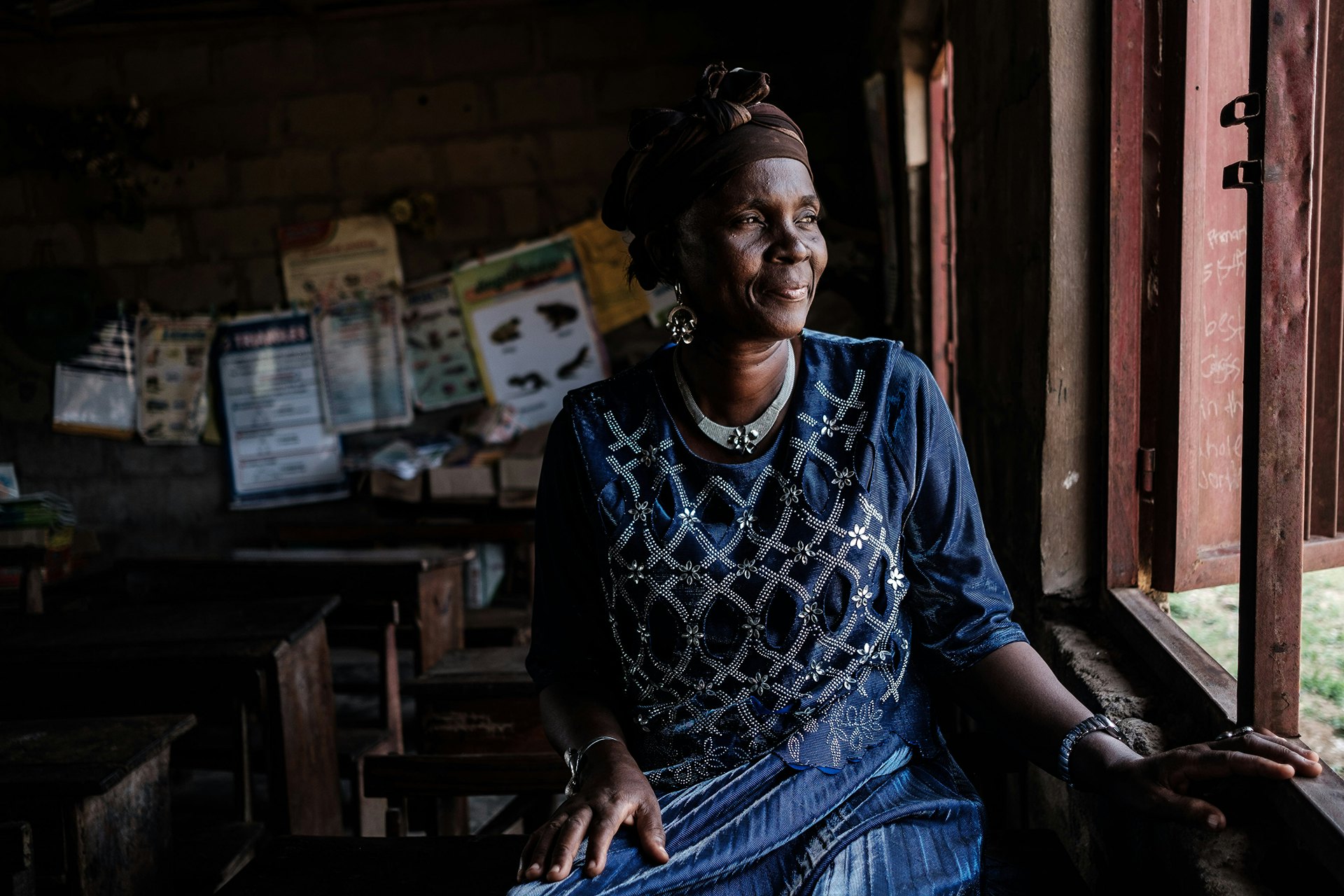
Photos by Victor Adewale
Christina finished primary and secondary school in Osun State before moving to Lagos to continue her education at a university. “Not many people where I am from come to Lagos for school. My education is very important to me.” Christina is now Head Teacher at State Primary School in Mafoluku, a neighborhood in Lagos, where she and other teachers teach and support students ages 3-14. “The students enjoy being here. We make life more lively for some of them at school—they don’t want to leave school.”
Families of the students that attend State Primary School in Mafoluku don’t have much. The kids share books and school bags or receive support from NGOs that help provide school supplies and uniforms for the students. “The kids suffer because of circumstances at home and so we make school favorable for them so that they don’t suffer at school too.” Finances are tight in the surrounding areas of the school too, Christina even said she worries about the safety and health of her students because they are vulnerable due to their needs. If an adult offers food or clean water to them, they are so desperate for those basic needs that they trust the wrong people. There have been an increasing number of kidnappings locally which adds even more burden on Christina who just wants to be able to provide a safe learning environment for her students.
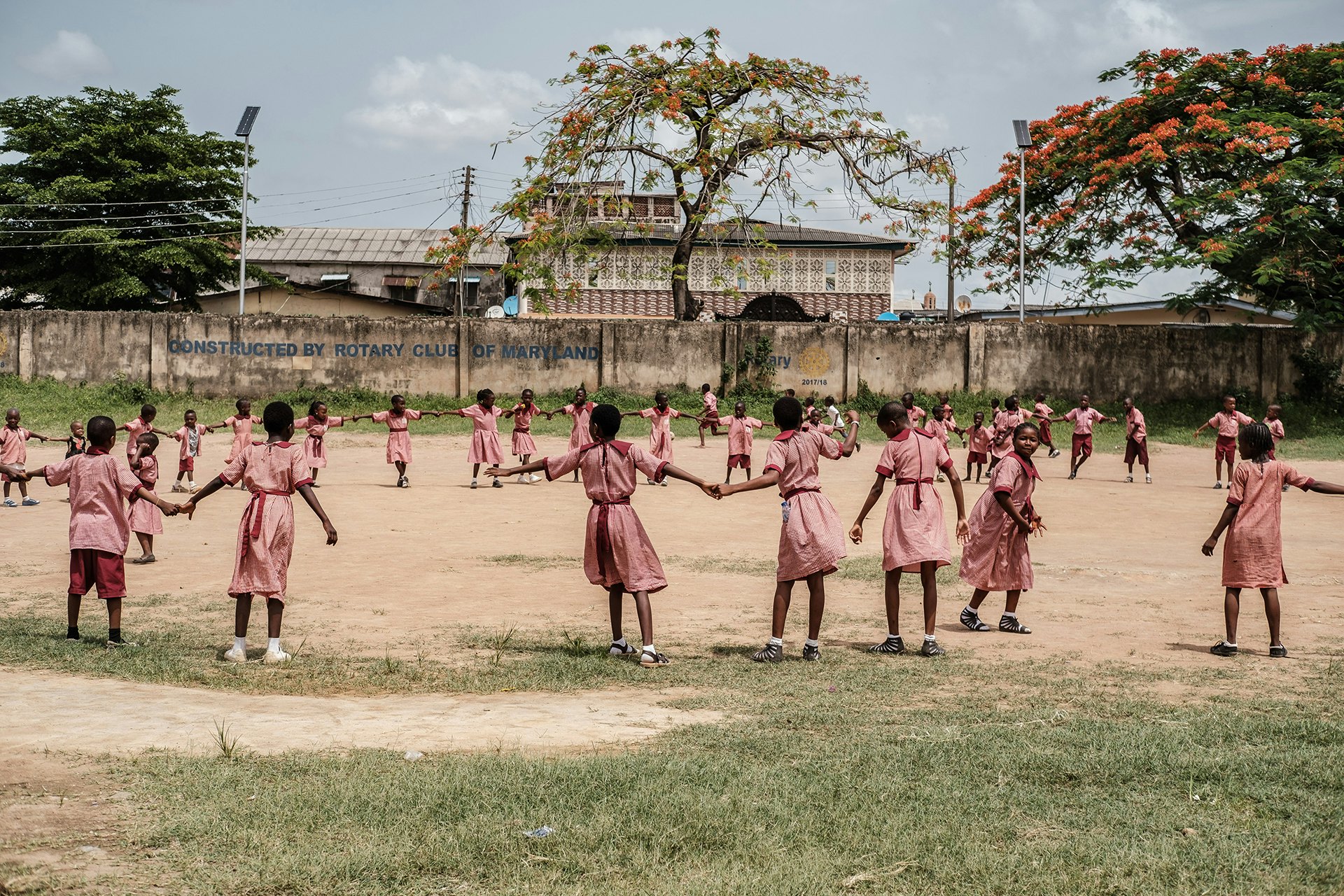
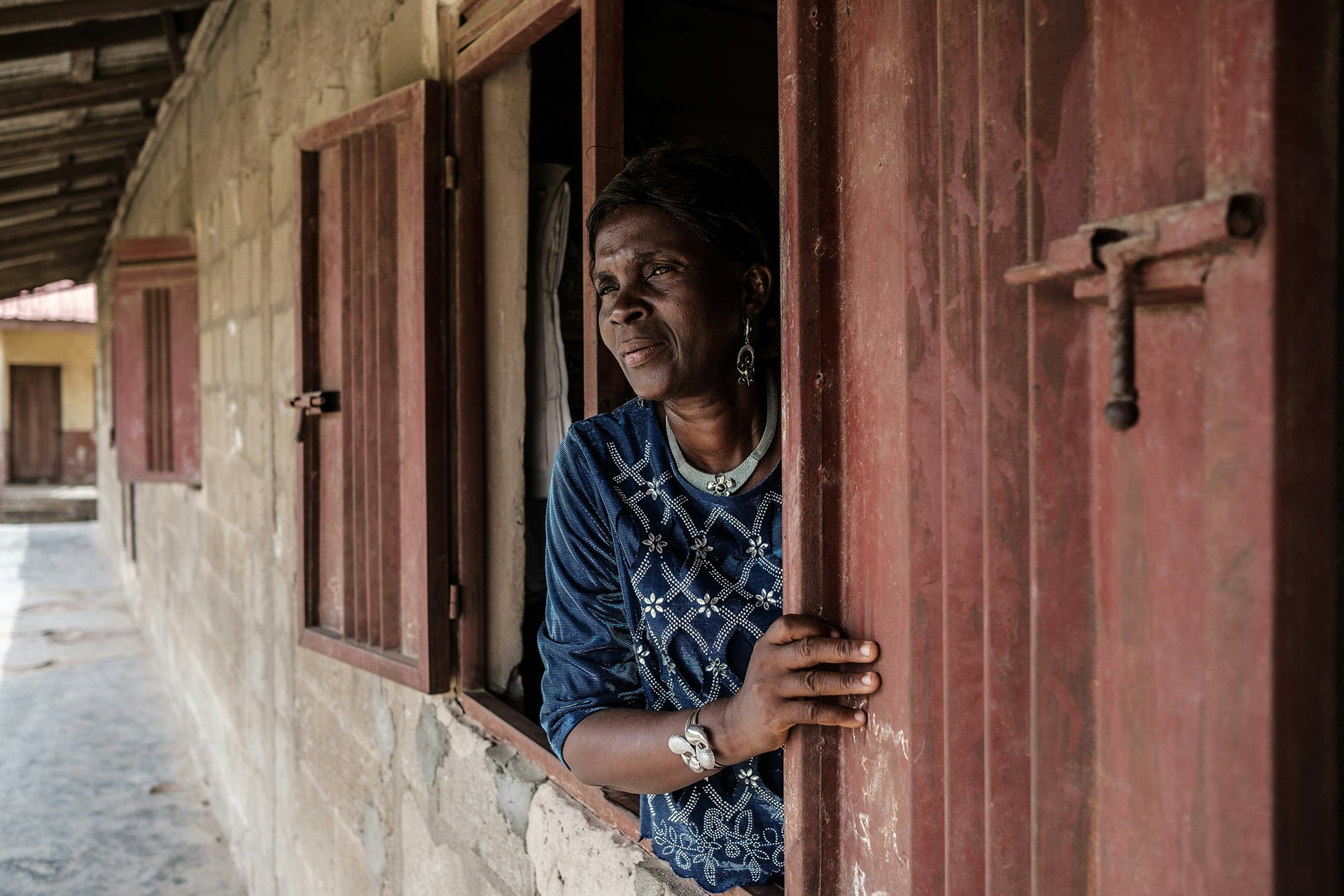
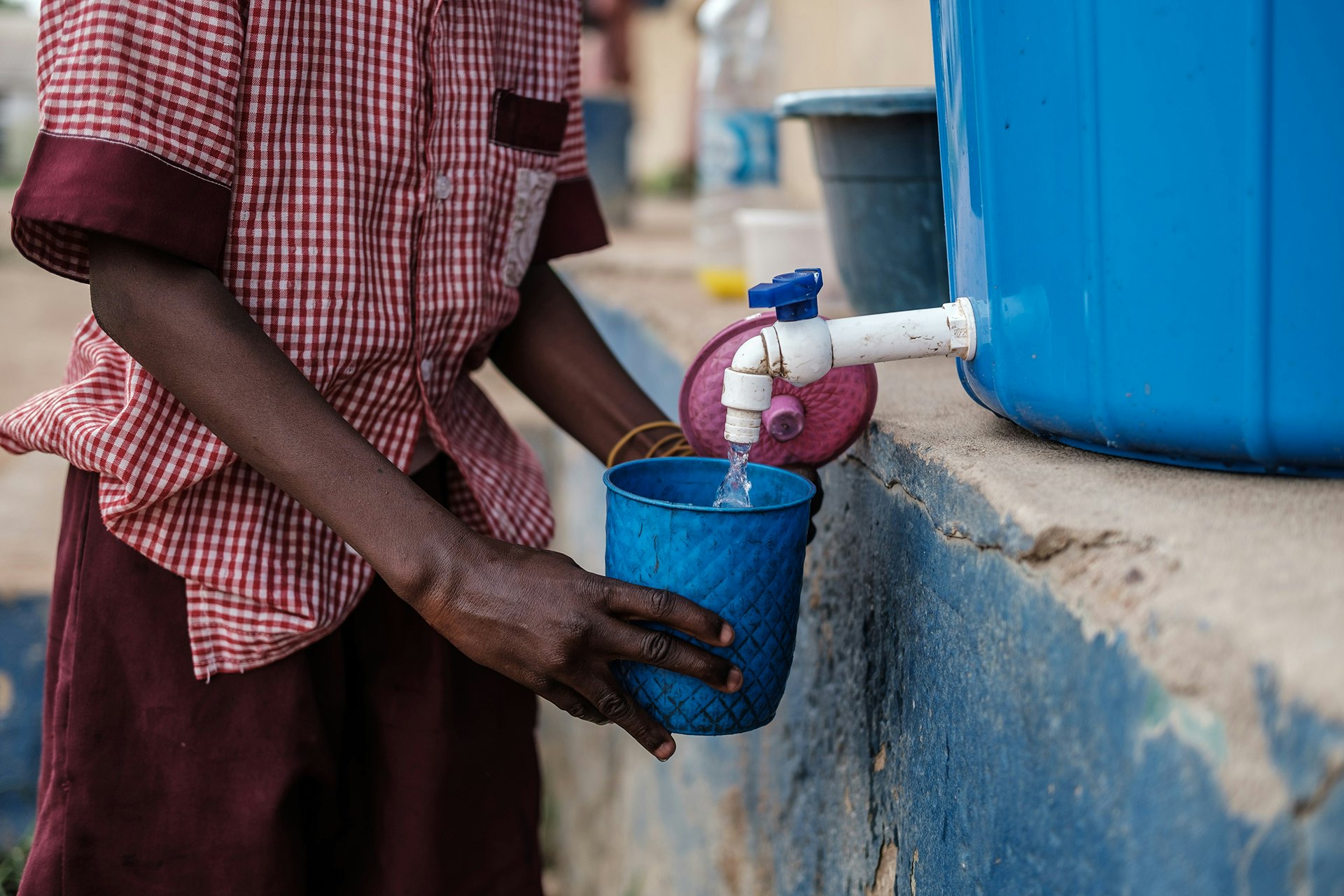
On top of that, about a year ago the country’s power became consistently unstable in the surrounding areas of State Primary School in Lagos. “We are suffering without electricity. They won’t pump water. Water is very, very expensive now because we don’t have electricity.” The electricity grid in Nigeria has been unstable for a long time, it has collapsed over 200 times in the past 9 years resulting in large blackouts in certain areas, including where State Primary School is located. The impact of these outages extends beyond water, it drastically impacts the economy of not only the affected communities but the nation as a whole. “Some parts of Lagos State have light, but those are the people who are living at the top, other parts are in darkness. The problem is higher than ever before.”
Generators are used to charge devices, like the one we used to talk with Christina, and for some of those who have water pumps so they can continue to pump water but everything has become more expensive. “Inflation is everywhere,” says Christina.
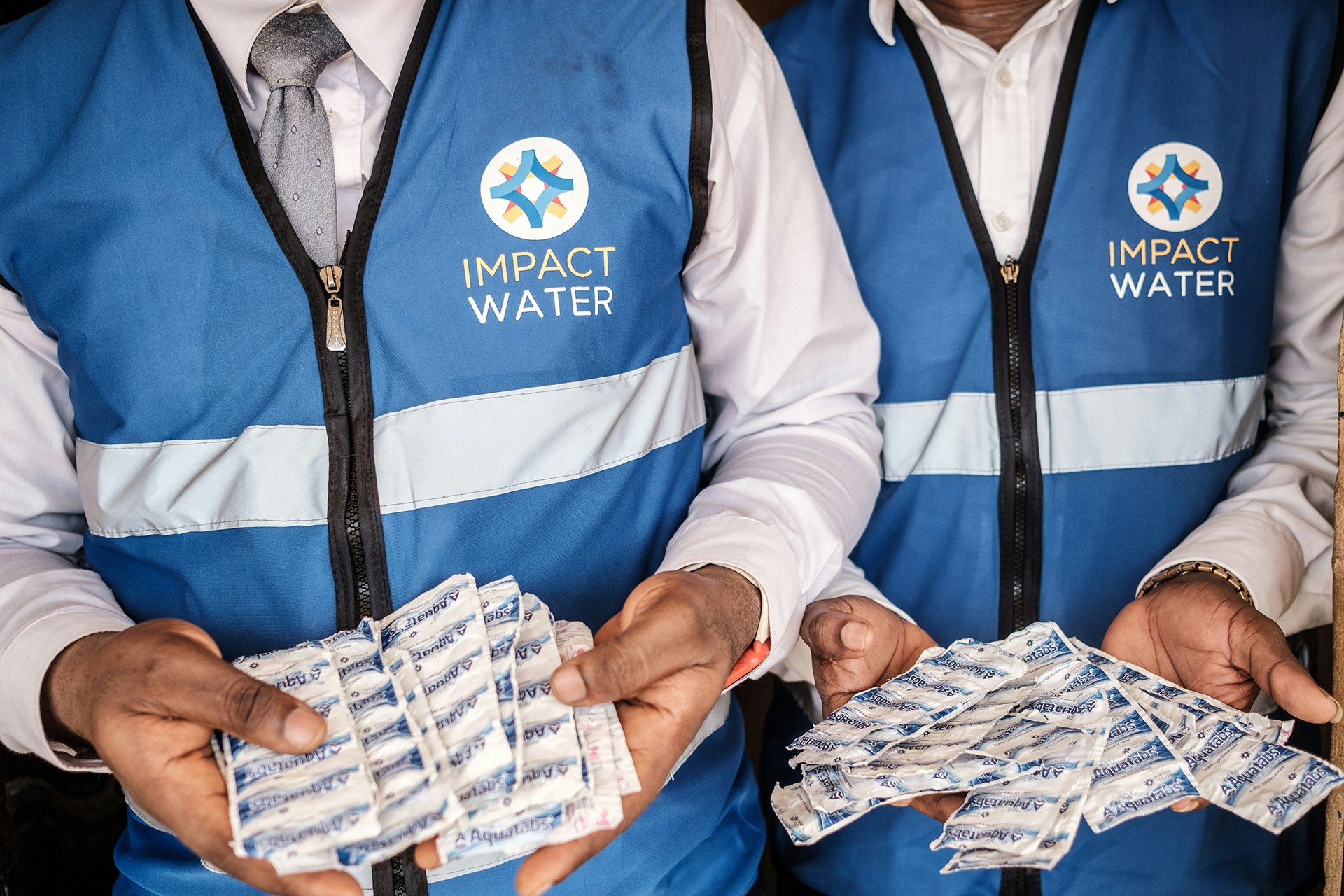
Christina buys large jerricans of dirty and potentially dangerous water for the students at State Primary School. “They sell water in jerricans. Every day I buy around 6 jerricans, or 1000 Naira worth or more, of water for the students.” She takes this untreated water to the school and drops in a sanitizing tablet to make the water safe and drinkable for the students. These sanitizing tablets, or Aquatabs, are provided to Christina’s school by a non-profit organization called Impact Water. Impact Water operates with the mission that “every student has the right to have safe drinking water at school.” Impact Water works with schools across Nigeria, Kenya, and Uganda to provide safe drinking water to over 14 Million students.
At Christina’s school, many of the students don’t have access to clean water at home. She says parents aren’t even able to pay 50 Naira for their children to buy water at school so she often covers the cost of the untreated water with her own money because she doesn’t want anyone to suffer. 50 Naira equals 12 cents in US currency. The aquatabs used to sanitize that water are provided to the school free of charge.
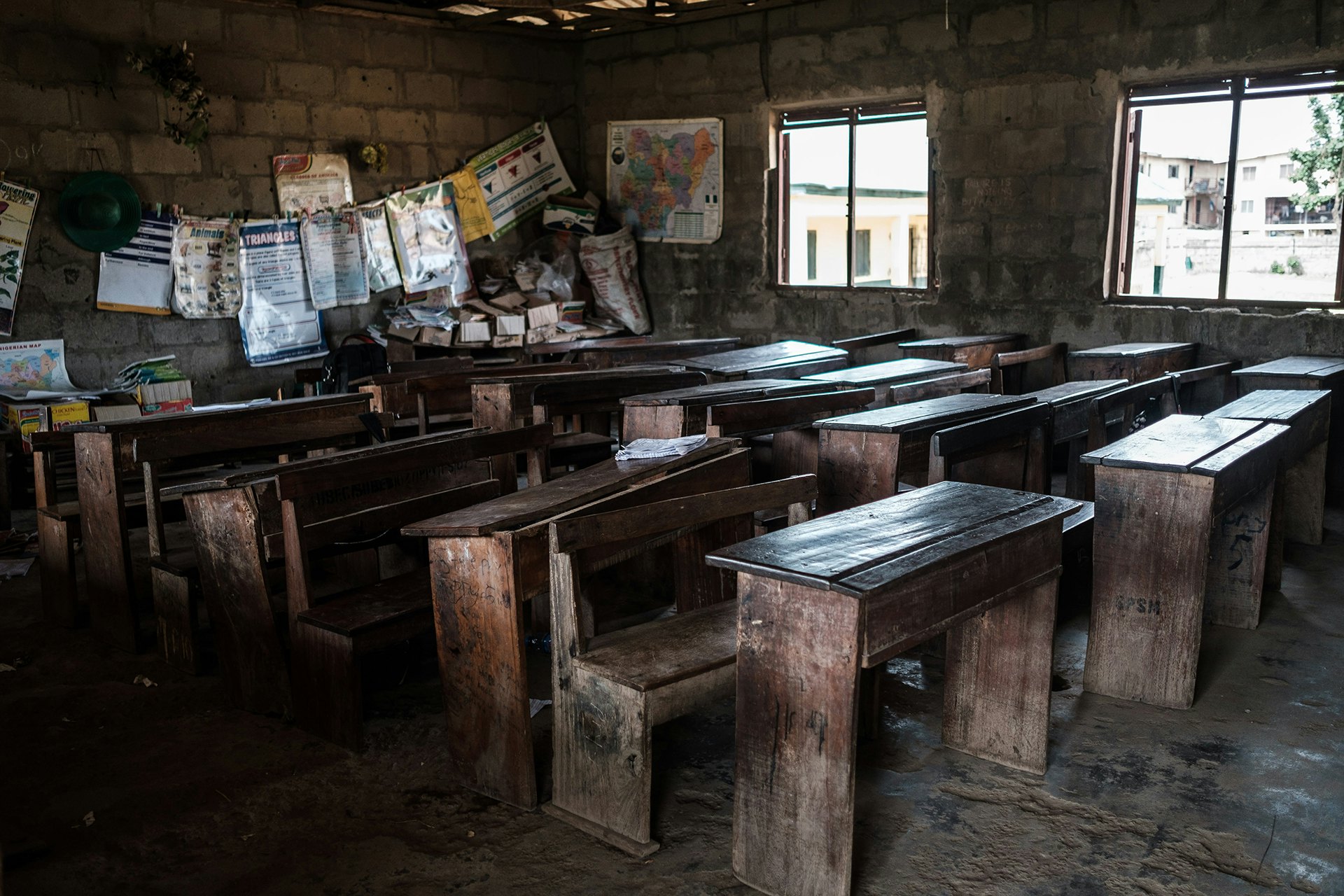
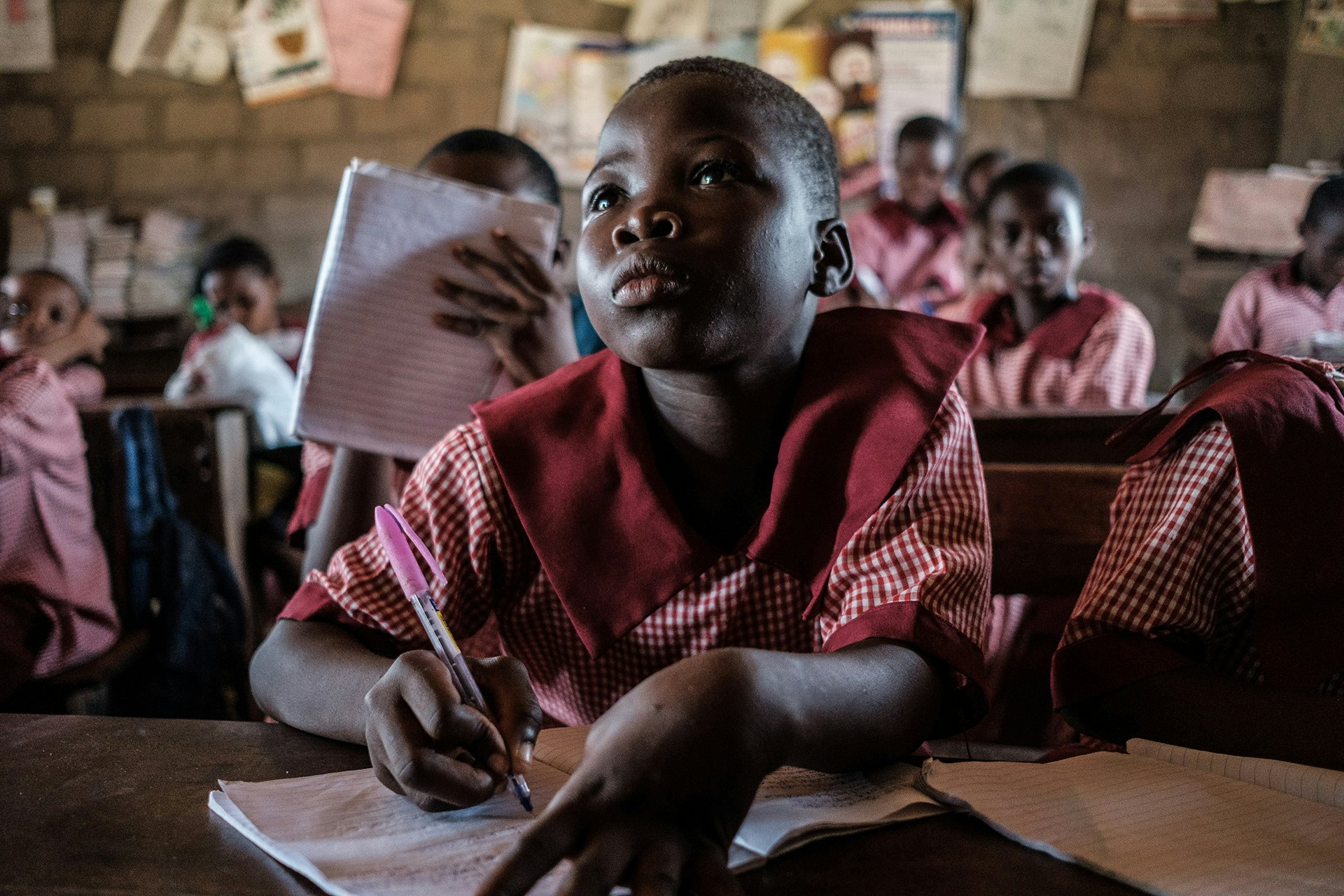
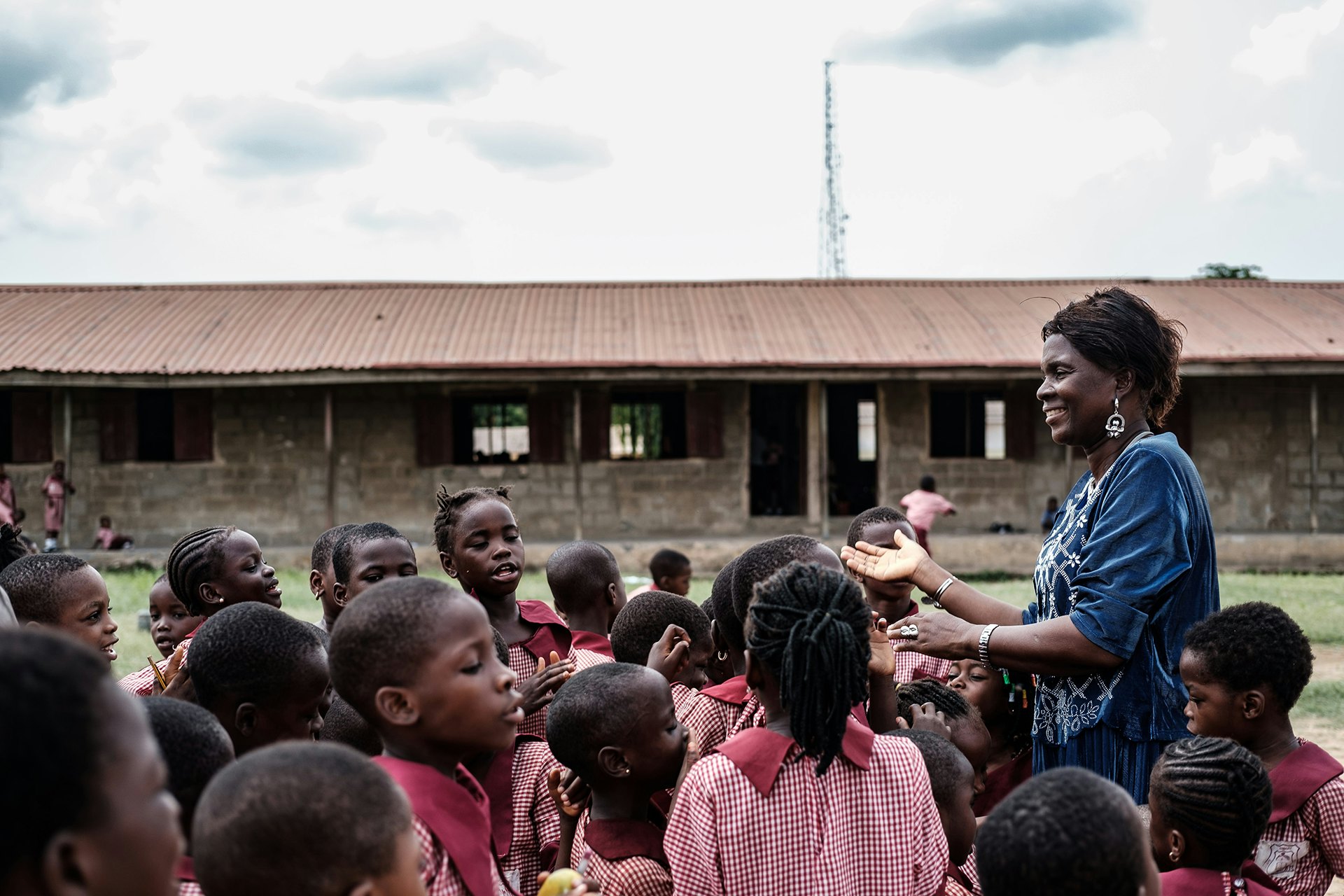
Despite the difficulty of living day to day without electricity and taking care of her own five children, Christina is still always thinking about how she can help others in her community. People in the community who need support, like single parents who are trying to make ends meet, are often referred to Christina because people know that she will help in any way she can. “Much more than the celebrities, athletes, and even politicians, teachers are arguably the most important members of our community. They are the critical point that makes a child ready for the future and their influence touches all our lives,” said Samuel Odunaya, Impact Water Country Director. When we asked her how it feels to be able to support so many people in her community through the school, she humbly said “I feel good. I don’t want people to suffer or to be lamenting. Children will be in the class without having eaten, and I will ask them – if they haven’t eaten anything all morning, I have to provide.”
Goldfinch is able to expand access to capital using crypto to enable more financial inclusion.
Christina is able to support her students and their families better because of the support the school receives from NGOs. “The NGOs that are coming make life easier for parents that don’t have enough money to provide for their children.” Impact Water can provide aquatabs to schools like State Primary School because of the funding they have received from people around the world through a DeFi protocol called Goldfinch via the debt platform, ALMA. ALMA uses innovative technology to provide creative debt financing to companies with a positive social impact. There is untapped lending potential in emerging markets because the inefficiencies of traditional finance limit the underwriting and capital that can flow into these markets. Through organizations like Almavest, Goldfinch is able to expand access to capital using crypto to enable more financial inclusion. This decentralized credit protocol allows anyone to become a lender to organizations in a way that banks simply can’t today.
“The Goldfinch investment has been critical for sustaining safe water services in 30,000 partner schools reaching over 12M students every day with safe water,” said Evan Haigler, Impact Water CEO. “It has also enabled us to study further infrastructure and behavioral challenges experienced by schools so that we can make safe water in their schools more impactful.” Although Christina doesn’t know it, the clean water she is able to provide for her students through Impact Water is made possible because of the innovative blockchain solution Goldfinch has developed. People across the world now have the ability to invest in providing access to clean water for Christina’s students at State Primary School in Mafoluku, demonstrating how DeFi protocols and crypto can provide access to capital in emerging markets and have a real-world, tangible impact.
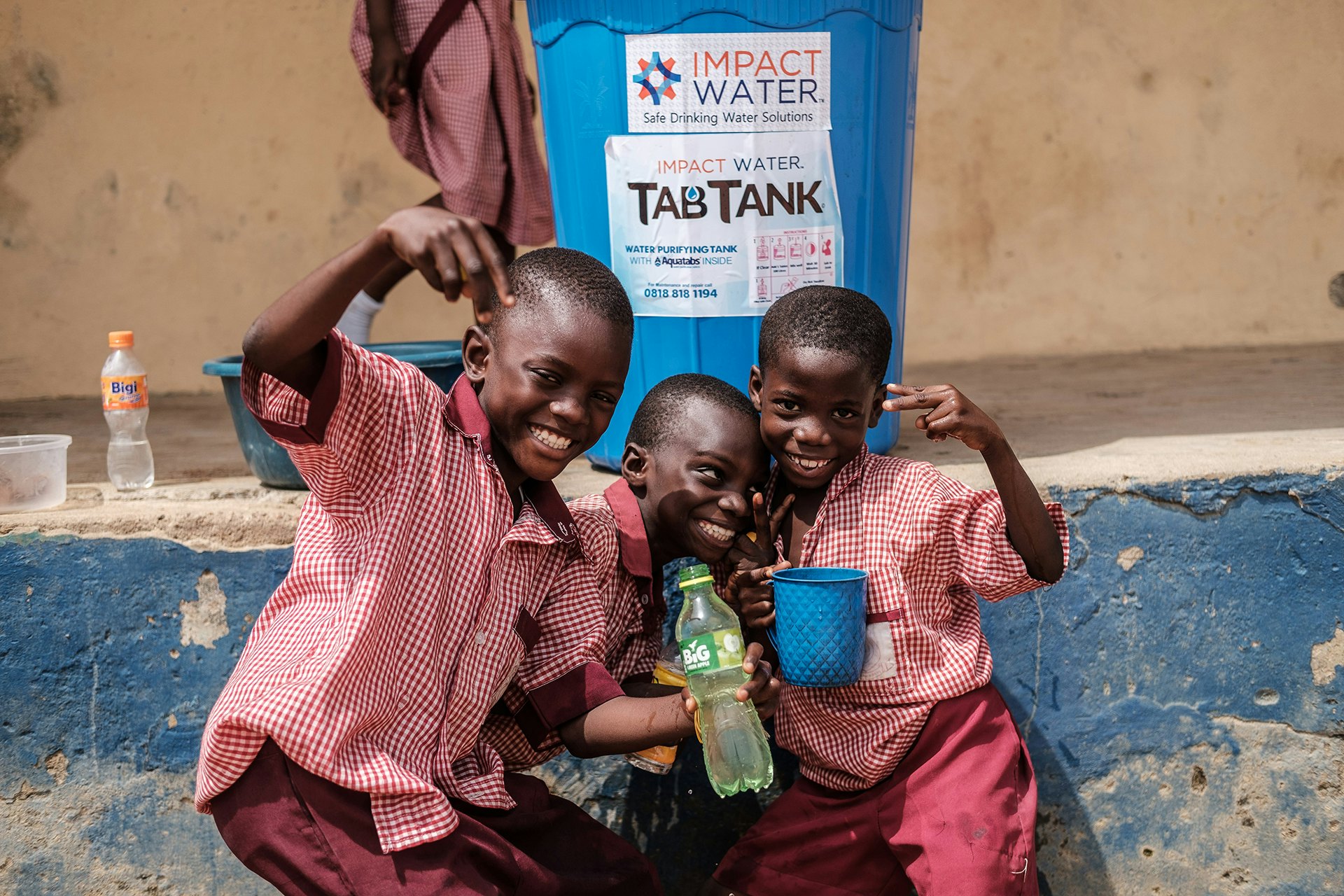
While life day to day still is not easy for Mrs. Fasoro Christina and her students, the solutions offered by non-profit organizations, and the blockchain funding tools that make those solutions possible, make a big difference. The problems that developing countries have, especially in their poorer communities, are very complex and there is not a single solution that can solve them, but clean water is a good place to start. The hope for these communities is that by having clean drinking water these children will see exponential returns in their health and educational outcomes. There is hope for a better future for the kids at State Primary School and the millions of children like them, and the financing that these organizations are seeing through emerging blockchain technologies is a big part of getting there.
Photos by Victor Adewale
